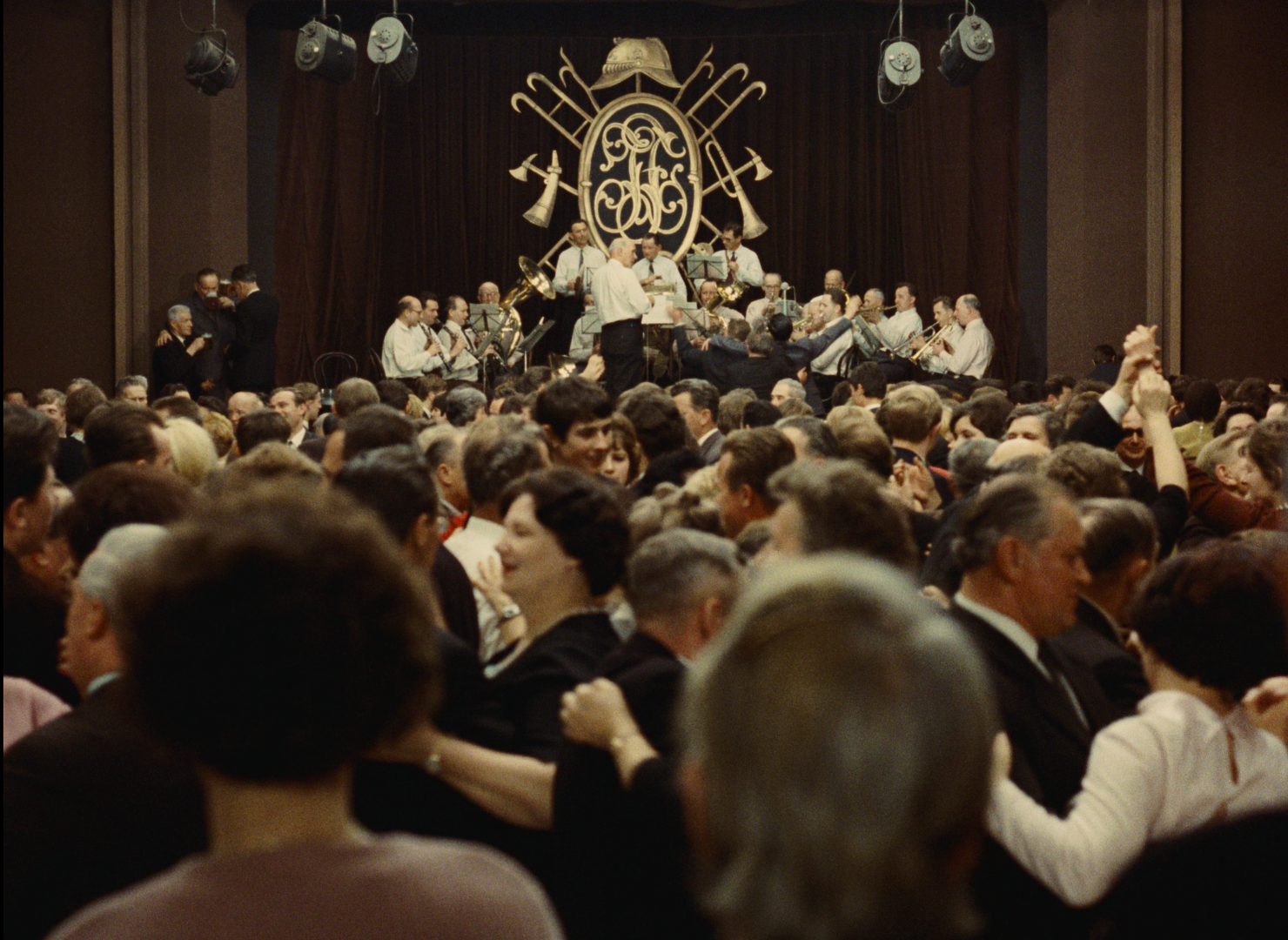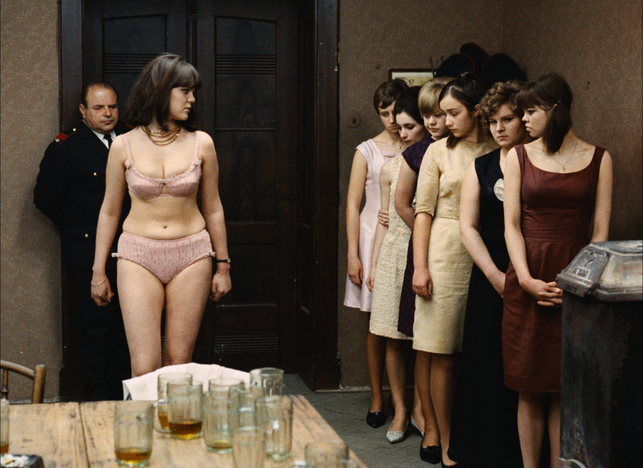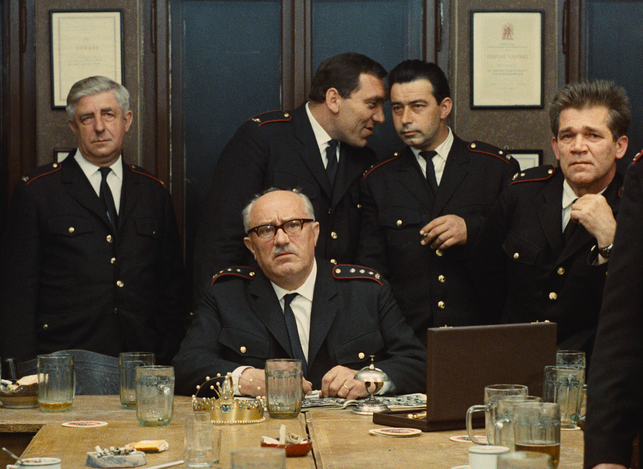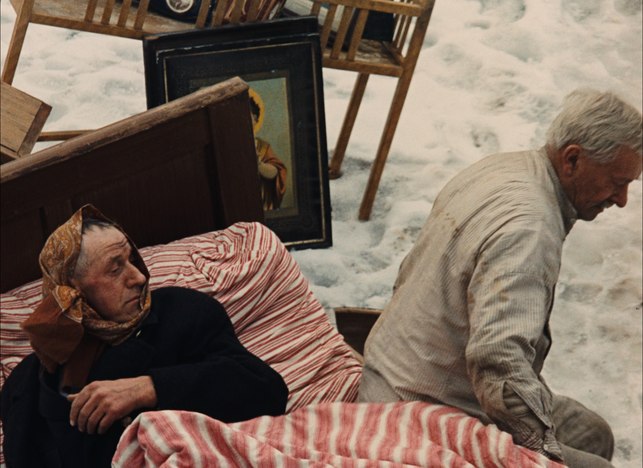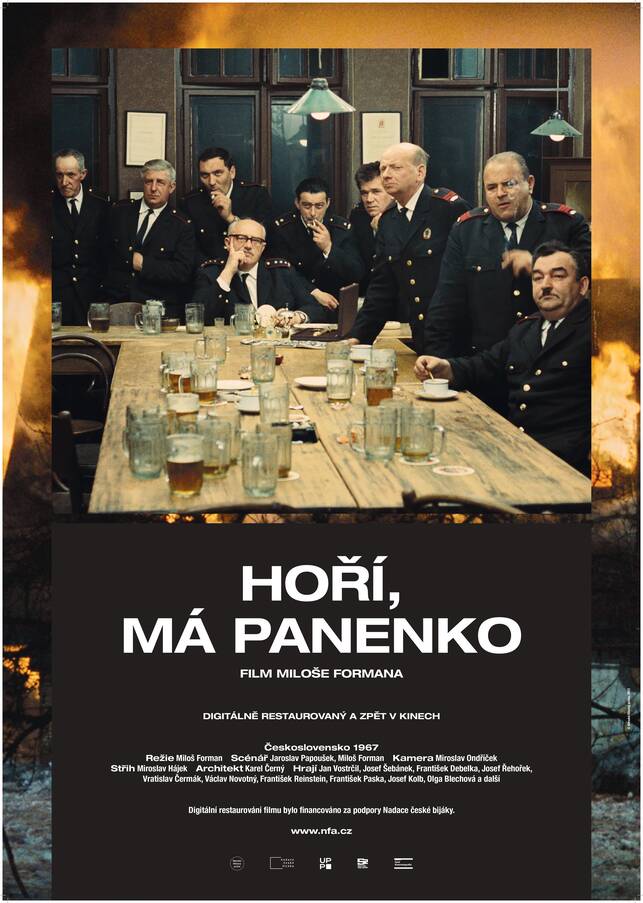Summary
Firemen's Ball was Miloš Forman's most popular, yet most controversial Czechoslovak film. It takes place almost exclusively during one event in a cultural hall. The filmmakers used the occasion to represent a wide range of characters facing various situations using episodic documentary style. The resulting mixture is a tragicomic representation of a rural petty-bourgeois society. Italian co-producer, Carlo Ponti, was not satisfied with the film, calling it offensive and morally unacceptable. Representatives of the Czech firemen's union protested against the way they were depicted in the film. Forman’s intention however was not to humiliate them, but to make fun of the Czech society as a whole, which is still received as very apt until this day. Firemen’s Ball was successfully distributed abroad and received international recognition including the Oscar nomination for Best Foreign Language Film in 1969.

